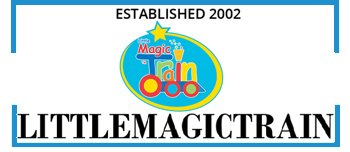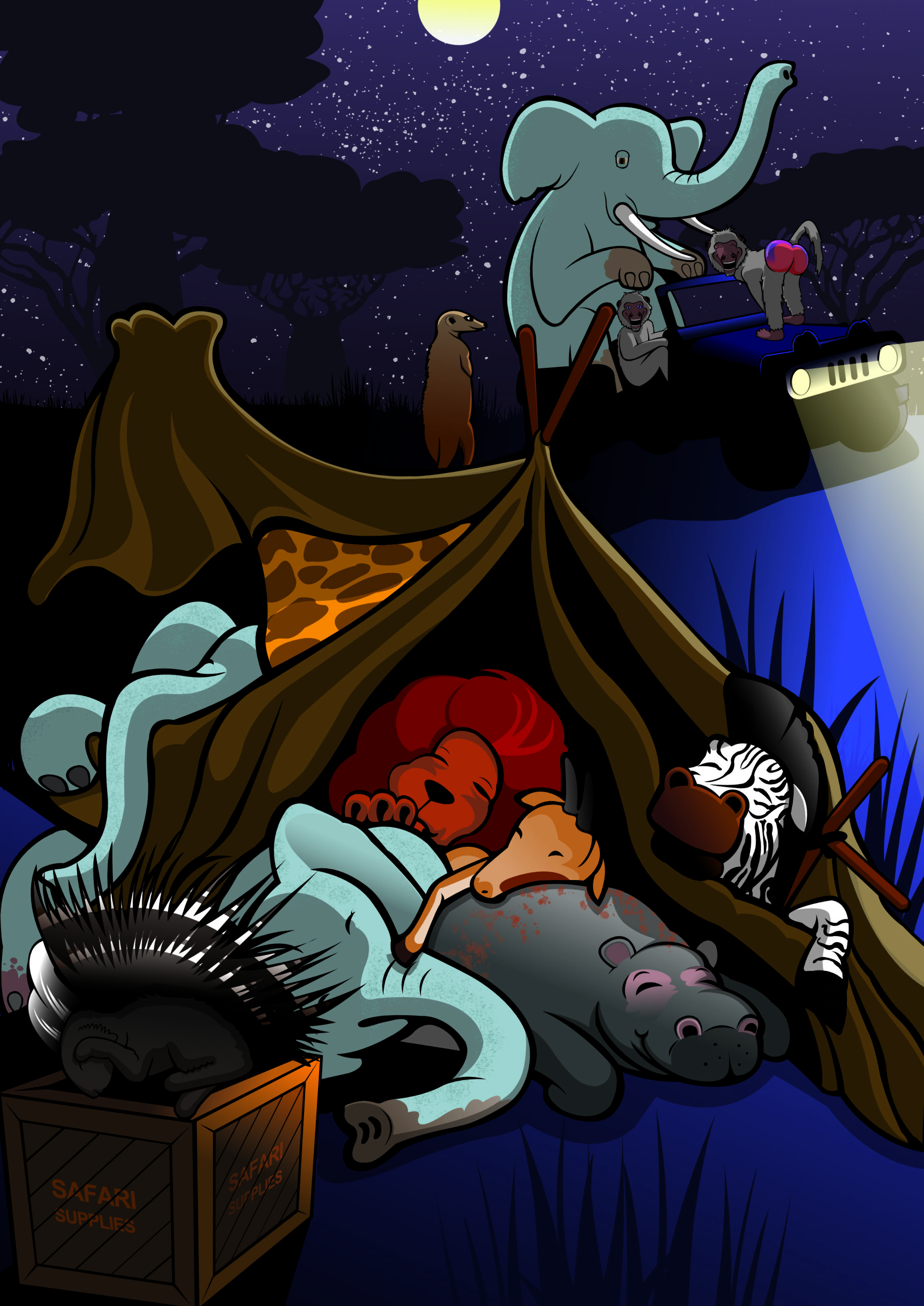The environment… The opportunities for children to participate in spontaneous play outside in their neighbourhoods have diminished. This situation makes early years settings so important in helping children develop and nurture friendships for well-being.
Adults… It is important for practitioners to look at their role as Sigrid Brogaard-Clausen and Sue Robson created a questionnaire for 155 parents/carers and 285 practitioners in England. The data they received, showed that the prioritisation of friendships between young children was low. This suggests that adults and children have different priorities and raises questions about how friendships are viewed by adults.
Question… What is your Pedagogy of Friendship in your setting?
Definition of a Pedagogy of Friendship
Carter and Nutbrown, in their research in 2016, asked what friendship meant to a group of 5 to 7-year-olds and how in turn teachers can apply the features of the Pedagogy of Friendship in their school.
- Building practitioner/teacher knowledge so that specific rules, routines, concerns, and practices within children’s peer culture are made apparent, spending time observing and listening to friendship experience;
- Valuing and appreciating children’s friendship because of its significance to children and how this may impact children’s social and emotional development and ultimately their cognitive development;
- Recognition of children’s agency in friendship, where children are provided with opportunities for time and space to establish and nurture their friendships without adult intervention wherever this is safe to do so.
Why is role-play important in helping your little ones build relationships and develop friendships?
Introducing role-play and movement is a wonderful way of helping them to express and understand emotions. We all want our little ones to feel compassion, empathy and belonging and be able to express their own emotions and strengthen their personal agency.
As movement is the universal language of expression, this makes role-play the perfect way of introducing those feelings and emotions. We need to understand and feel our own emotions to be able to develop empathy and compassion which is vital for friendship. It is also integral to your little ones’ development as they create opportunities to work in a group by sharing and taking turns. Role-play also encourages teamwork which helps them to build positive relationships with their peers. When they are spending time creating or engaging in messy play, they are building relationships and developing agency.
Importantly, role-play scenarios also help children identify the important people in their lives.
References:
Sigrid Brogaard-Clausen & Sue Robson (2019) Friendships for wellbeing?: parents’ and practitioners’ positioning of young children’s friendships in the evaluation of well-being factors, International Journal of Early Years Education, 27:4, 345-359, DOI: 10.1080/09669760.2019.1629881
Carter, C. and Nutbrown, C. (2016) A Pedagogy of Friendship: young children’s friendships and how schools can support them. International Journal of Early Years Education. pp. 1-19. ISSN 0966-9760

